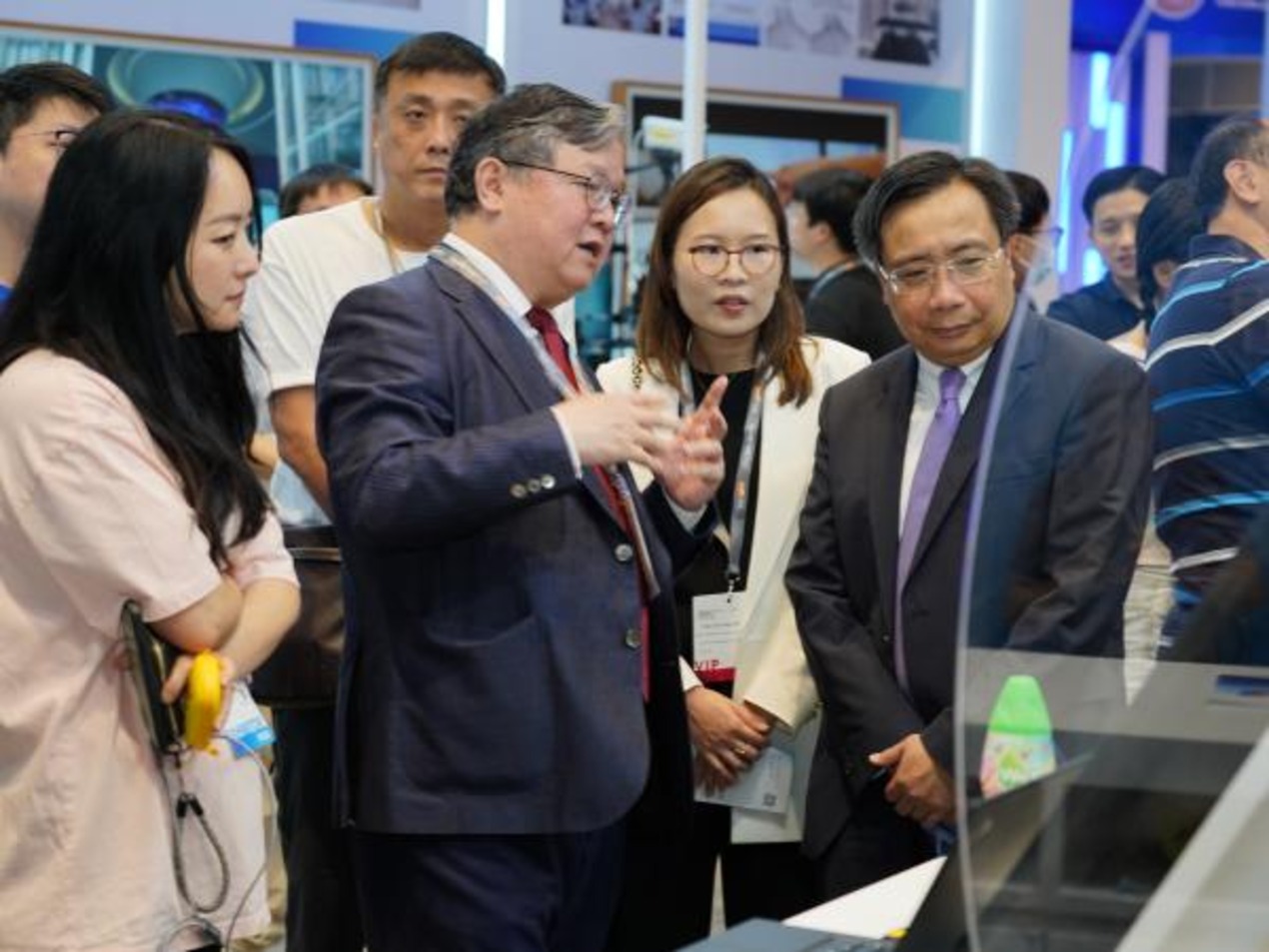
Blockchain-enabled independent power producers in Thailand appear to be posing such a threat to the state-run power generator and distributor that they will be required to pay extra in order to cushion the state utility from the disruption, according to a recent report.
According to a member of Thailand’s Energy Regulatory Commission (ERC), new regulations are currently being drafted which will see the blockchain-enabled solar power producers charged extra.
This is with a view of assisting the Electricity Generating Authority of Thailand withstands the impact of competition that is set to come as the growth of independent power production in the country booms.
Sharing the Burden
The proposed fee that the blockchain-enabled power producers will be charged will be used to cover the expenses that the Electricity Generating Authority of Thailand incurs in securing and maintaining the grid.
The number of household solar rooftop power generators is increasing rapidly. That’s why the ERC needs to develop a regulation that is fair for everybody.
However, no information has been provided regarding how much the solar power producers will be charged or even when the fees will come into effect.
Thailand has seen a growing number of firms using blockchain to assist homeowners and other independent power producers make money from the solar panels mounted on their roofs by enabling blockchain-based peer-to-peer marketplaces. This has had the effect of cutting the Electricity Generating Authority of Thailand out of the market.
Consumer-Friendly and Environment-Friendly
Late last month, for instance, an Australian blockchain-based P2P energy marketplace initiated trials in Bangkok allowing homeowners to sell the excess solar electricity they have to generate as well as buy the same when experiencing shortfalls. The trials are being conducted in partnership with BCPG, a unit of government-owned oil refiner Bangchak.
According to the managing director of the Australian blockchain company, this will not only be good for the environment but also for consumers’ pockets.
By enabling trade in renewable energy, the community meets its own energy demands, leading to lower bills for buyers, better prices for sellers, and a smaller carbon footprint for all.
Rising Production
Other initiatives include BCPG partnering with a real estate developer with a view of offering a blockchain-based solar power system in Thailand’s capital which has a power generation potential of 635kW.
Additionally, a solar panel installer is also developing a blockchain-based platform.
Currently, the amount of solar electricity that is generated by households in Thailand has reached 130 MW and by the close of this year, the figure is expected to hit 230MW.
Another report noted Thai government regulators fear an explosion in independent power generation will lead to a reduction in revenue.
Electricity Generating Authority of Thailand (EGAT) has demanded the fees be paid as a subsidy for potentially destabilizing effects blockchain technology brings.
There is a growing number of Thai companies leveraging distributed ledger technology (DLT) to help homeowners profit from rooftop solar systems. A new generation of blockchain-savvy consumers is muscling the state-owned utilities out of profits by buying and selling surplus solar energy on decentralized peer-to-peer (p2p) energy markets.
As the markets grow bigger, less electricity is being purchased directly from the state-run utilities, meaning less profit for the traditional power industry.
Here, we are witnessing the decentralization of the energy sector, in Thailand at least. Experts regard this as one of the “most important trends in human history.” Despite the benefits of p2p energy markets, the fact that governments can just impose additional fees to compensate puts a real dampener on things.
It was only a year ago that Thailand rolled back strict restrictions on non-government solar power generation.
Further, another report stated that the Thai government allowed households and businesses to sell surplus energy generated by solar panels back to EGAT last September. However, it appears that the government didn’t count on blockchain being adopted by the p2p energy community so quickly.
















